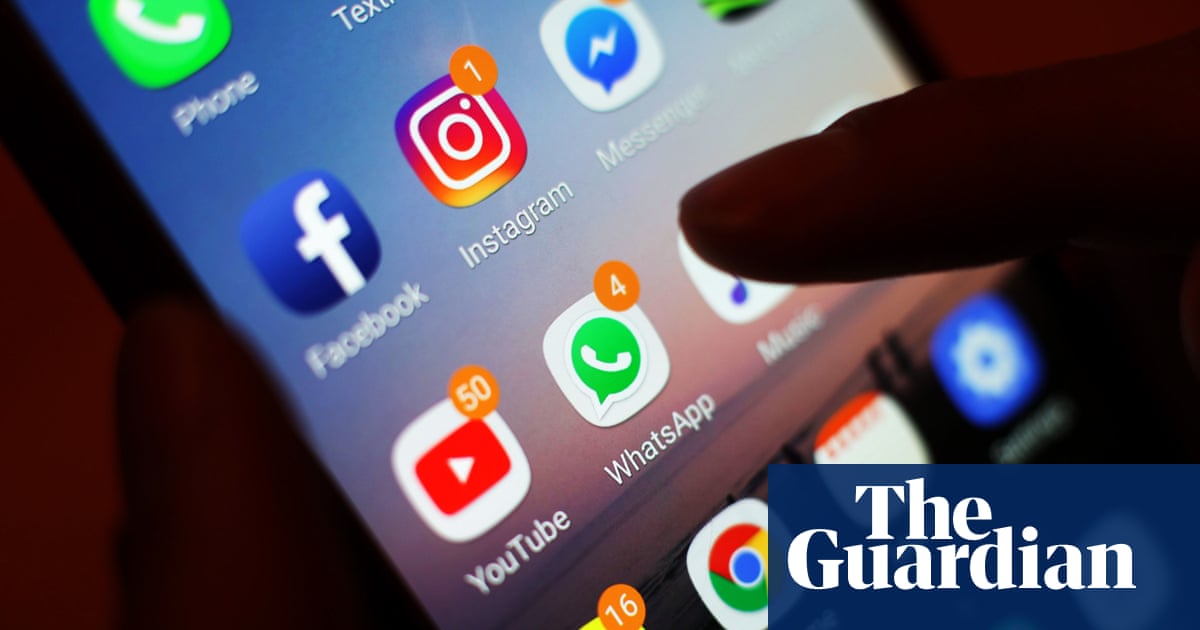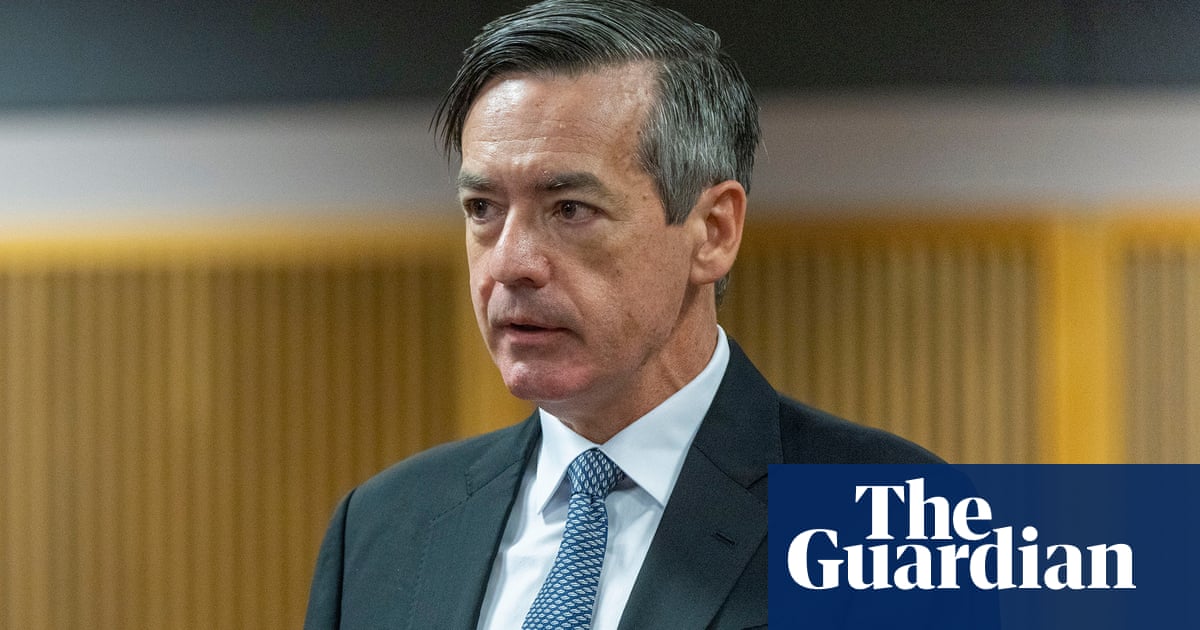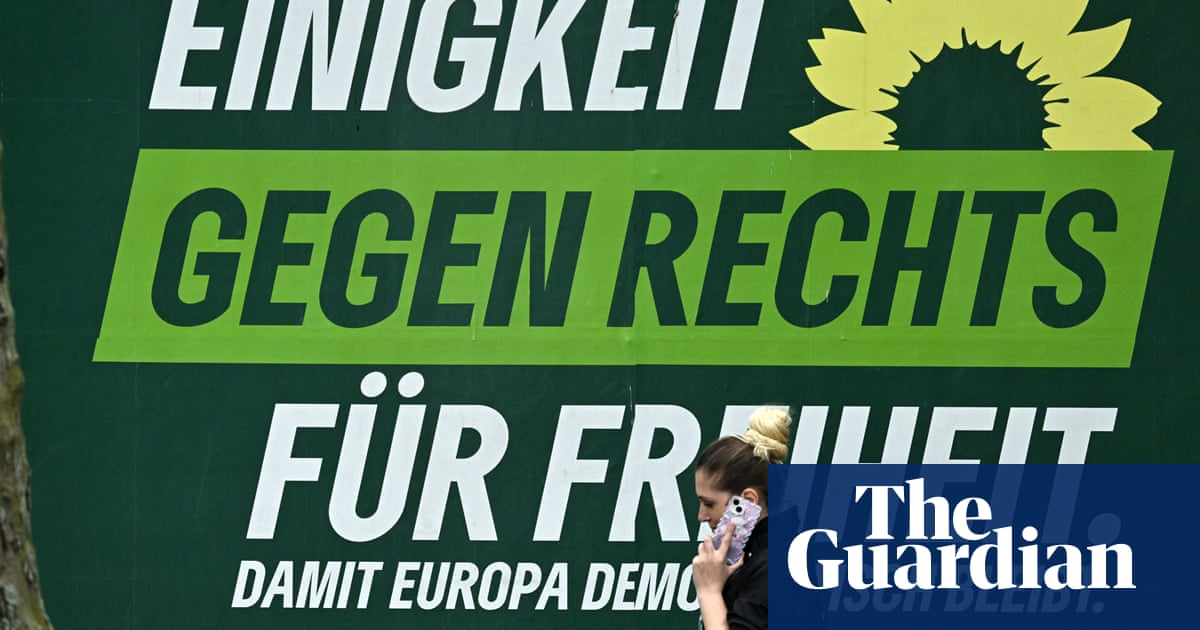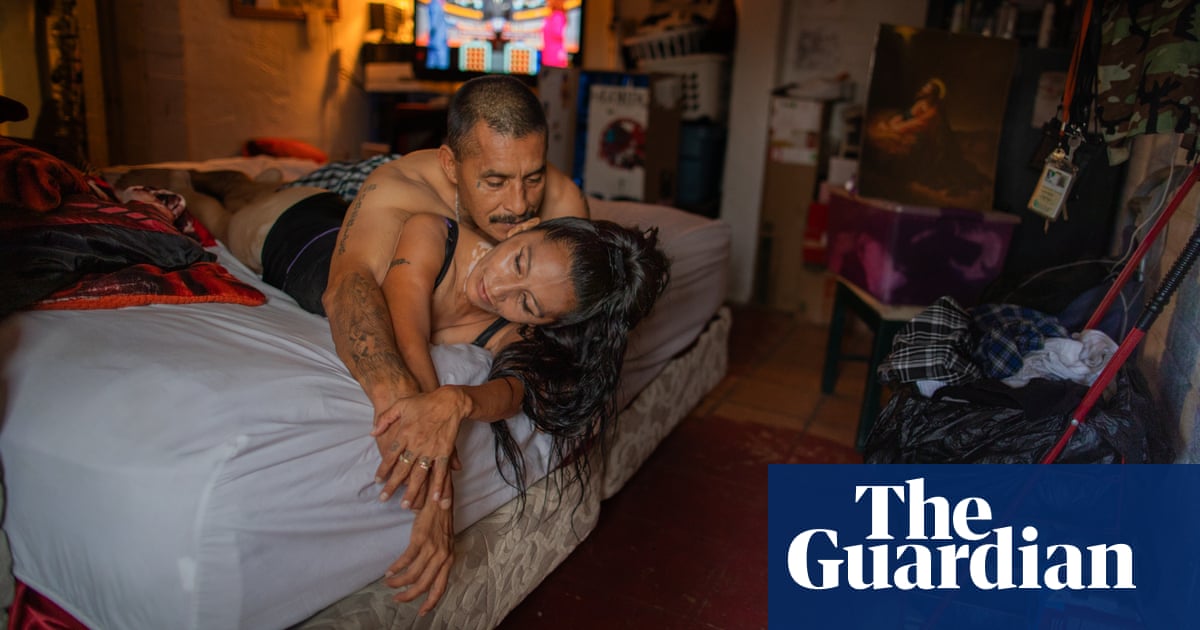Rishi Sunak and Keir Starmer tore into each other’s election promises on tax and immigration in a fiery first TV debate of the campaign.
The pair exchanged barbs in an ill-tempered session before an ITV studio audience in Salford, where Starmer accused Sunak of being “the most liberal prime minister we’ve ever had on immigration” and pledged to keep the UK in the European convention on human rights.
As the leaders sought to draw dividing lines between the parties the Labour leader hammered the Conservative record after 14 years in government and accused Sunak of failing to take personal responsibility for his failures, including the cost of living and NHS waiting times.
Sunak sought to present Starmer as an unreliable politician who was pursuing power for power’s sake. He claimed repeatedly that Labour’s policies would lead to a £2,000 tax rise for families, an attack the Conservatives are planning to deploy repeatedly over this campaign.
“Labour will raise your taxes. It’s in their DNA. Your work, your car, your pension – Labour will tax it,” the prime minister said. In response Starmer said the Tories had “put pretend Labour policies to the Treasury” to produce a fantasy figure.
Starmer said the prime minister’s decision to call an election now demonstrated that he didn’t think his plans for the economy or illegal immigration would have any effect.
“If he thinks things are going to get better towards the second half of this year, why has he called it now? He’s called it now because he knows, and I’ll ask him this, he knows inflation is going to go back up, he knows energy prices are going to go back up in the autumn,” Starmer said. “That’s what he’s not telling you.”
Both leaders committed not to raise income tax, national insurance or VAT. Starmer defended his policy to introduce VAT to private schools, saying it was a “tough choice” but necessary, to applause from the audience.
The prime minister appeared to suggest he was willing to take the UK out of the European Convention of Human Rights if it blocked his controversial policy to send asylum seekers who cross the Channel to Rwanda.
“I’m crystal clear, I believe all our plans are compliant with our international obligations, but if I am forced to choose between securing our borders and our country’s security, or a foreign court, I’m going to choose our country’s security every single time,” he said.
The Labour leader defended the UK’s membership of the ECHR. “We will not pull out of international agreements and international law which is respected the world over,” he said.
“Because I want the UK to be a respected player on the global stage, not a pariah who doesn’t agree with international law.”
Both leaders said they would work with Donald Trump if he were re-elected US president in November.
On the cost of living, Starmer accused Sunak of being out of touch and living “in a different world”. Referring to his own childhood in response to a question from a member of the audience, the Labour leader said: “I do know the anguish of worrying, when the postman comes with a bill, what is that bill going to be, can I pay it? I don’t think the prime minister quite understands the position that you and other people are in.”
He ruled out a return to austerity if he became prime minister, which Sunak did not. Sunak insisted that voters were “starting to see the benefits” of his economic policies.
Sunak said he would use private healthcare if a loved one was on a long waiting list for an operation. Starmer said he would not and would rely on the NHS alone.
In his closing statement, Starmer said re-electing the Tories would be like “the arsonists handed back the matches”.
“I don’t offer you the gimmicks or unfunded promises that Rishi Sunak does,” he said. “I don’t pretend there’s a magic wand that will fix everything overnight. Instead, I offer a practical commonsense plan to change Britain.”
after newsletter promotion
He continued: “Imagine how you would feel waking up on July 5 to five more years of the Conservatives. Five more years of decline and division. The arsonists handed back the matches.
“Now imagine turning the page with a Labour government that rolls up its sleeves and gets on with the job that puts the country back in your service.”
Sunak told voters “if you think Labour are going to win, start saving”, while defending his record on climate. He denied having broken his promises on the environment, saying: “No, we’re going to stick to the targets we put in place but we’re going to do it in a way that saves you all money.
“I’m not going to impose thousands of pounds of costs on you to arbitrarily rip out your boiler, change your car, convert your home.”
With the second week of campaigning drawing to a close, the Conservatives appear no closer to making a dent Labour’s 20-point poll lead.
Sunak has come under heavy pressure from his party to find a way to turn around his flailing campaign. A decision by Nigel Farage to return to the political frontline this week has eroded Tory morale further.
While Labour has been running a cautious, safety-first campaign, the Conservatives have spent the first two weeks making a flurry of policy announcements in the hope that some of them will be appealing to voters.
So far Sunak has announced plans to introduce compulsory national service for 18-year olds, punish fly-tippers with points on their driving licence and introduce an annual cap on visas for migrants. His national service proposal was met with derisory laughter from the ITV studio audience.
Labour has unveiled a “triple lock” commitment to the UK’s nuclear weapons, pledged to reduce migration and carry out a review of the security threats facing the UK within the first 100 days of government.
Responding to Sunak’s claim that Labour’s policy would mean a £2,000 tax rise for families, Labour’s national campaign coordinator, Pat McFadden, said: “Rishi Sunak’s claims about Labour and tax are categorically untrue. Labour will not put up taxes on working people.”
Snap YouGov polling showed 51% of people thought Rishi Sunak performed best overall in the live debate, with 49% voting for Sir Keir Starmer.










